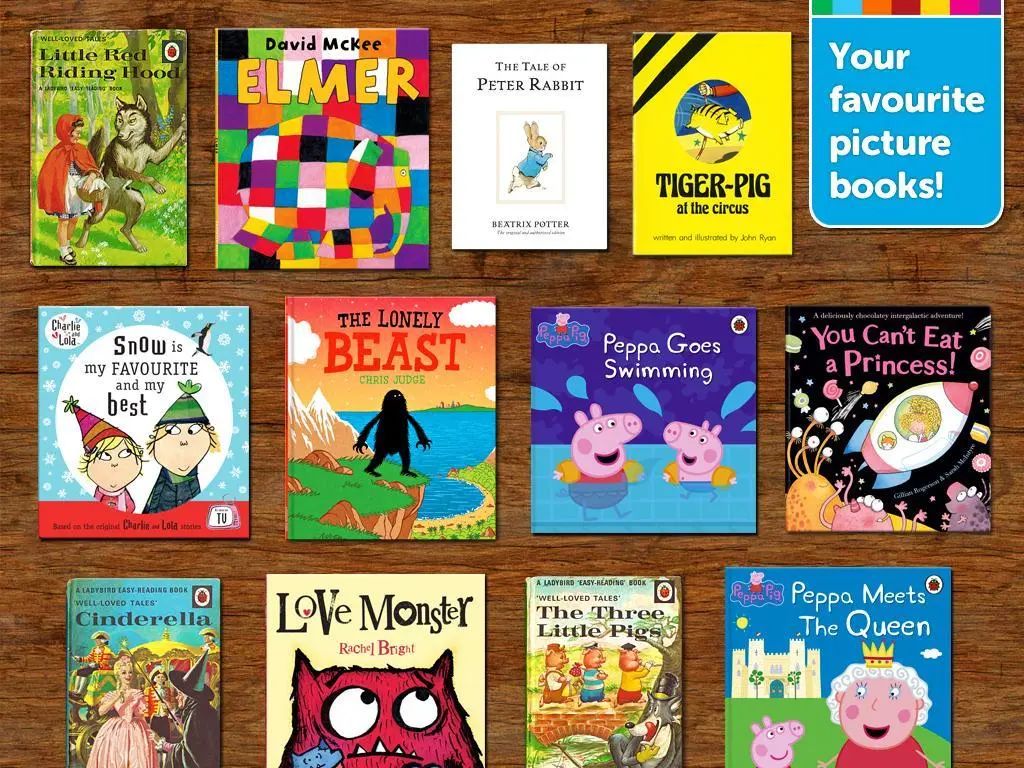As children go through elementary school and start to learn to read, many parents may wonder how they can support their child’s reading development at home.
One of the simplest things parents can do to foster their child’s reading skills (and help their child develop a love of reading!) is reading with them at home. Below are a few tips that can help parents make the most of these moments.

Top Tips for Parents
01 Find books your child enjoys
Like most things, learning how to read takes practice. One of the main ways that children become better readers is simply by reading more frequently, and children are more likely to read often when they enjoy it. Helping your child find books they like and letting them choose what they want to read helps to make reading fun for your child, as well as develop their interests.

There are no “right” or “wrong” type of books. Some children may like story books, some may like cartoons, or some may prefer informative texts. As long as your child is engaged in reading and getting the opportunity to develop their skills (this also means books should be at the right level – not too hard but not too easy either), any kind of book can be beneficial. Encouraging your child to explore their interests through reading can help them see why reading is meaningful to them.

02 Make reading a shared activity
Making reading a shared activity, where parents and children read together, creates an opportunity for connection, helps foster your child’s interest in reading, and helps develop their early reading skills. While opportunities for reading independently are also important, shared reading time can be a useful way to support young readers.

Even before they learn how to read, shared reading can help set the foundation for some of the skills children will need to read: looking at pictures for clues about the story or discussing what happens in the book helps to build their comprehension skills. Discussions can be around children’s understanding of the story and of characters’ feelings – “What just happened? Did it surprise you?”, “Why do you think he did that?”, “How do you think that made him feel?” – as well as how the story relates to their own life – “Have you ever felt like this?”, “Do you know anything about lions, like they talk about in this book?”. These kinds of discussions can help children start to think more deeply about books, and building their comprehension skills.
03 Take turns reading

Children who are starting to learn how to read may sometimes find it frustrating or tiring to read for long periods of time, especially when reading books that are challenging for them. Taking turns to share the reading – e.g., “I read one page, you read one page” or “You read but I will help with the tricky words” – can help to relieve some of this pressure and encourage children to read longer books, gradually building up their ability to read independently.

As they grow older, they will become more and more comfortable reading for long stretches of time, and reading independently. At this stage, encouraging your child to read stories to a younger sibling can also be a nice way for them to put their skills into practice, and build their confidence.

As children become more confident in their reading skills, you can also encourage them to practice reading with the proper intonation – having a different voice for every character, or reading a tense moment in the story in a dramatic voice. Practicing intonation also helps children understand the tone and feeling of a text.
04 Remind them of all they know
Finally, as children move through school and learn how to read, they will get to know more and more strategies that can help their reading develop. Reminding children of these when you are reading at home, for example by pointing out words they’ve practiced before, or words they might be able to sound out, can help draw attention to the skills they already have, how they can apply them when reading a text, and make them feel more comfortable using these the next time they read by themselves.

